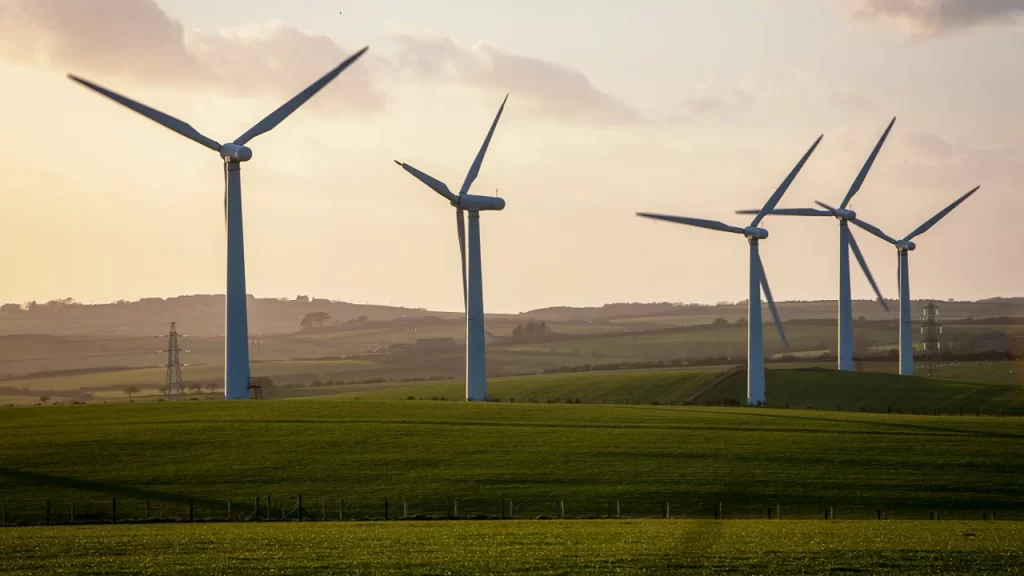Turkey’s Energy Strategy: Balancing Renewable Resources and Global Demand
Turkey’s strategic location as a bridge between Europe and Asia has long made it an important player in global energy markets. As energy demand rises both domestically and globally, Turkey faces the critical challenge of meeting its energy needs while balancing the development of renewable energy sources with the use of traditional fossil fuels. This article explores how Turkey is managing this delicate balancing act and what it means for the future of its energy policy.
The Rising Energy Demand in Turkey
Turkey’s energy consumption has grown steadily over the past decades, driven by rapid urbanization, industrialization, and population growth. Today, Turkey is one of the largest energy consumers in Europe and the Middle East. With a limited supply of domestic fossil fuels, Turkey has had to rely on imports to meet a large portion of its energy needs, primarily oil and natural gas.
However, over the past decade, the Turkish government has made significant strides in diversifying its energy portfolio to reduce reliance on foreign energy sources. This diversification includes a growing focus on renewable energy, along with strategic partnerships for fossil fuel imports.
Fossil Fuels: A Necessary Component of Turkey’s Energy Mix
While Turkey is increasing its investment in renewable energy, fossil fuels remain an integral part of the country’s energy policy. Natural gas accounts for around 30% of Turkey’s electricity generation, much of which is imported from Russia, Iran, and Azerbaijan. Additionally, coal plays a substantial role, contributing to over 20% of Turkey’s energy mix.
To ensure energy security, Turkey has been diversifying its supply routes, including the development of the TANAP pipeline, which provides access to gas from Azerbaijan’s Caspian Sea fields. This diversification helps Turkey to maintain stable energy supplies, even amid geopolitical uncertainties in the region.

A Strong Push for Renewable Energy
Turkey has demonstrated a strong commitment to renewable energy over the past decade. The government has set ambitious goals, aiming for 32% of its energy to come from renewable sources by 2030. This goal is part of a broader strategy to reduce dependence on imports and promote sustainability.
Wind, Solar, and Hydropower: Key Players in Turkey’s Energy Future
Turkey’s renewable energy strategy focuses heavily on wind, solar, and hydropower. The country has one of the highest potentials for wind energy in Europe, particularly along the Aegean and Marmara coasts. Currently, wind energy accounts for around 10% of Turkey’s electricity generation, with further investments planned to expand this capacity.
Solar power is also on the rise, with Turkey’s sunny climate making it an ideal candidate for solar farms. The country’s installed solar capacity has grown exponentially in recent years, contributing significantly to its renewable energy goals. Hydropower, which has been a traditional energy source for Turkey, continues to play a key role, providing nearly one-third of the country’s electricity.

Geothermal and Biomass: Untapped Potential
In addition to wind and solar energy, Turkey has substantial potential for geothermal and biomass energy production. Turkey is the world’s fourth-largest producer of geothermal energy, and its rich geothermal resources, especially in the western regions, present significant opportunities for further expansion.
Biomass energy, which utilizes organic materials for power generation, remains underdeveloped in Turkey but represents a promising area for future growth. By tapping into these underutilized resources, Turkey could further diversify its renewable energy portfolio.
Challenges and Opportunities in Balancing Energy Needs
While Turkey has made impressive strides in renewable energy, challenges remain. The country’s energy demand continues to grow, and fossil fuels still play a crucial role in ensuring energy security. Balancing economic growth, energy security, and environmental sustainability is no easy task, especially in a region prone to political and economic instability.
However, Turkey’s strategic investments in both fossil fuel infrastructure and renewable energy provide a blueprint for a more resilient energy policy. By continuing to diversify its energy sources, Turkey can reduce its dependence on foreign imports while contributing to global efforts to combat climate change.
The Role of Nuclear Energy
Another important component of Turkey’s energy policy is nuclear energy. The construction of the Akkuyu Nuclear Power Plant, in collaboration with Russia, marks a significant step in Turkey’s efforts to reduce its reliance on fossil fuels. Once completed, Akkuyu will supply a considerable portion of Turkey’s electricity needs, further reducing dependence on imported energy.

A Delicate Balance for a Sustainable Future
Turkey’s energy policy reflects a careful balancing act between meeting growing domestic energy demands and transitioning to a more sustainable and diversified energy portfolio. By investing in renewable energy sources like wind, solar, and hydropower, while maintaining a strategic approach to fossil fuel imports and nuclear energy, Turkey is positioning itself as a key player in the global energy landscape.
The coming years will be critical in determining how Turkey navigates the challenges of energy security, economic growth, and environmental sustainability. As the country continues to innovate and invest in its energy future, it serves as an example of how nations can manage their energy needs while contributing to a more sustainable global economy.














